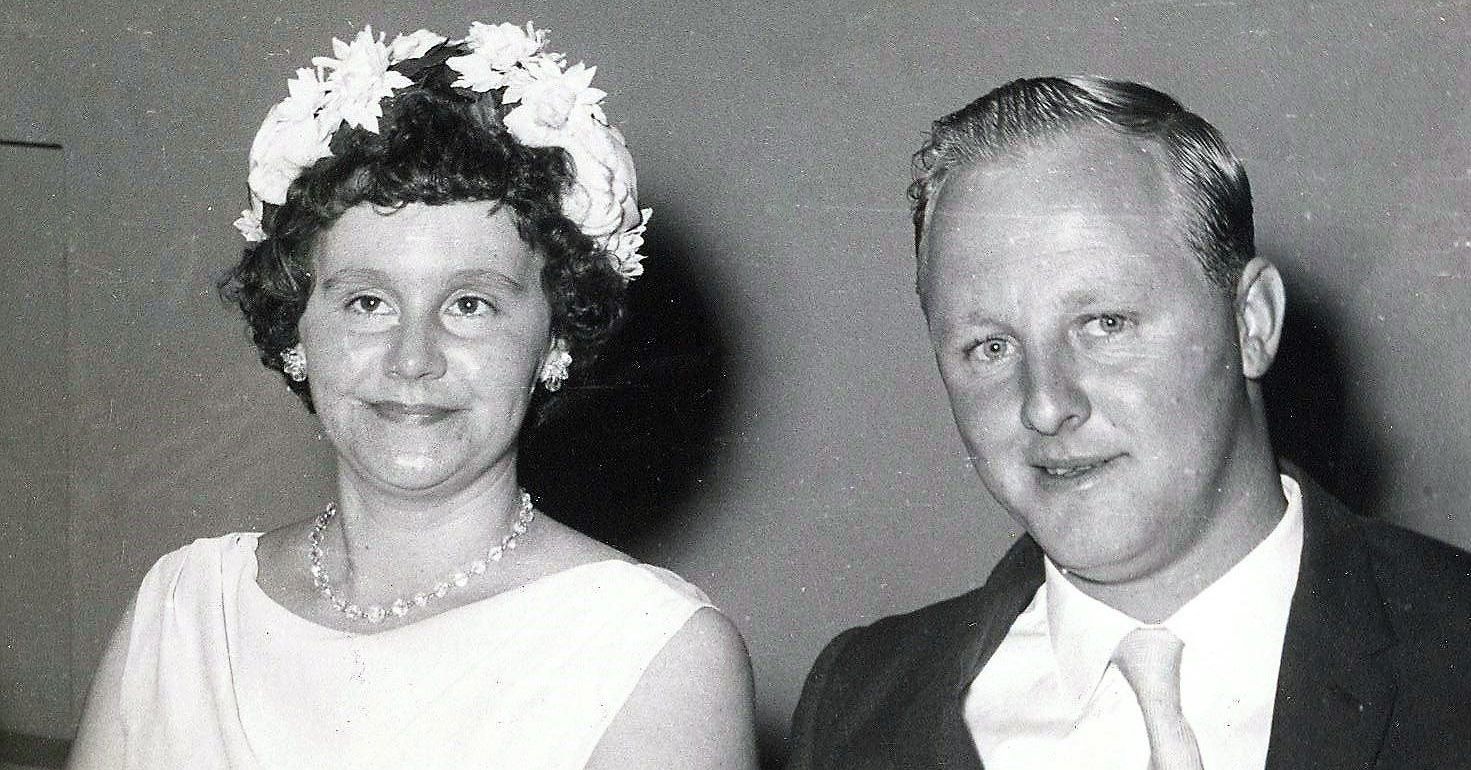News
Betty’s gift
CERA is incredibly grateful to Elizabeth “Betty” Mary Gibson (1936-2019) for her generous bequest for research into retinitis pigmentosa.
Betty Gibson lost her sight at age 16, but she never let it hold her back from living a full and vibrant life.
Born in 1936, Betty spent most of her life in Monteagle, a small farming village outside Young, New South Wales. She grew up with a loving family – parents Margaretha and William, younger brother Maurice, and lots of cousins, with whom she loved to play games and swim in the local dam.
As a teenager, Betty’s eyesight started to deteriorate, causing her to leave high school in her second year. At age 16, she was diagnosed with retinitis pigmentosa, an inherited condition that causes serious vision loss and blindness.
While the diagnosis was upsetting for the whole family, Betty remained positive and always wanted to be involved in the social life of the village.
“Betty’s sight did not stop her. She loved swimming, she took piano lessons and she loved dancing,” says Barbara Ringwood, one of Betty’s first cousins.
“Most of all she enjoyed family holidays to Bondi and the south coast of New South Wales, where she could feel the sand on her feet, and the sea breeze on her face, and the sun on her skin.”

A younger Betty Gibson with her brother, Maurice.
A loving family and social life
Betty’s mother, Margaretha, was a wonderful support to her. She helped Betty walk through the town and read to her from newspapers and magazines, so she was always up to date with the current news and trends.
“Betty’s mother became her eyes, and through her other senses she knew all about the latest fashions and the colours and textures of clothing,” Barbara remembers.
“Betty knew what clothes she had, what colour they were, and how they were made. She knew exactly where they were in her wardrobe – and heaven help anyone who moved them!”
Throughout her life, Betty was well loved in her community and was actively involved in the church, the CWA/Red Cross and other local groups and activities. She loved to knit, play cards and board games, and go for walks with good friends.
“She lived a full life – it was very hard and sad at times, but she always had family around her,” Barbara says. “She was an integral part of our family. She was always there and wanting to do things.”
Tracey Porrett, another first cousin, remembers Betty as a ‘gentle lady’ who was always ‘young at heart’.
“Betty loved babies and children and I can remember them sitting on her knee as she lovingly stroked their little faces and tiny hands and feet,” she says.
“All of us have our own special memories of Betty, as she devoted her life to family and building personal relationships with each of us. She may not have had the use of her eyes, but her gentle fingertips drew pictures in her mind even more beautiful than we may ever know.”
A generous gift to retinitis pigmentosa research
Betty passed away peacefully in 2019 at age 83. As part of her legacy, she wished to donate money to Vision Australia for the training of guide dogs for children, and for research that could help cure retinitis pigmentosa.
Retinitis pigmentosa causes vision loss and blindness due to the loss of photoreceptors, the light-sensing cells in the back of the eye. Once these cells are lost, there is currently no cure.
Betty’s generous gift will help CERA researchers develop a new gene therapy that could treat retinitis pigmentosa patients by stimulating the stem cells within the retina to regenerate new photoreceptors.
“We are incredibly grateful for this support from the Estate of Betty Gibson, which will help us in optimising the technique for this new regenerative therapy,” says Dr Raymond Wong, Head of Cellular Reprogramming at CERA.
For those affected by blindness like Betty was, this research has the potential to make a real difference, bringing us one step closer to CERA’s vision of a world free from vision loss and blindness.
To learn more about leaving a gift in your will for vision research, visit our ‘Gifts in wills’ page or call us on 1300 737 757 for a confidential discussion with a member of the Philanthropy & Fundraising Team.
